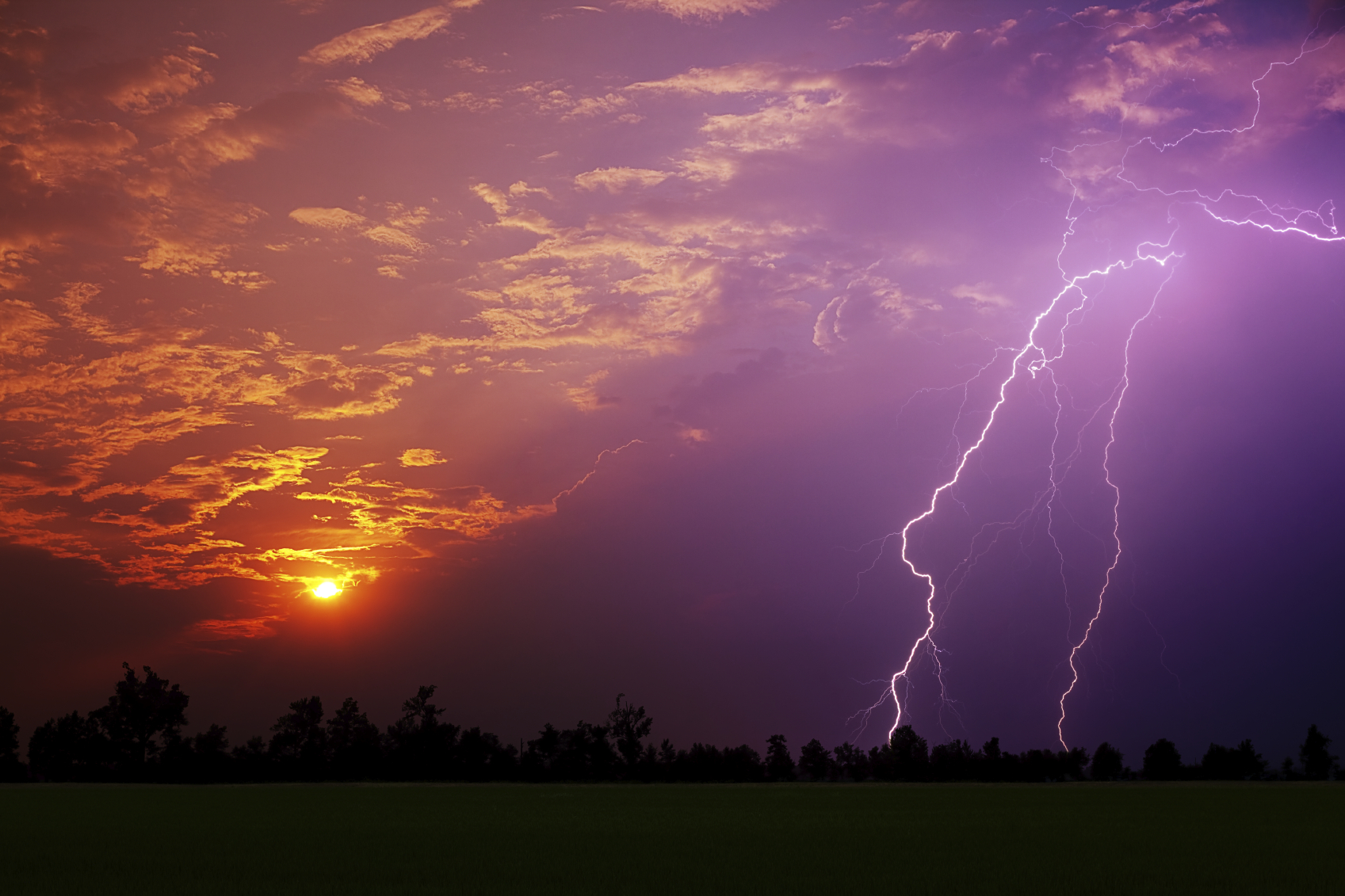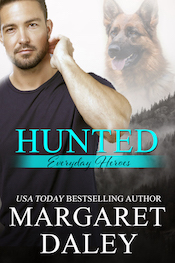This week I’m hosting David Bond with Attache, Deanna Klingel with Bread Upon the Water, Jill Williamson with Replication, and Rebecca Price Janney with Who Goes There? A Cultural History of Heaven and Hell. If you want to enter the drawings for the books, please leave a comment on one of the post during the week with your email address. I will not enter you without an email address (my way to contact you if you win). If you don’t want to leave an email address, another way you can enter is to email me at margaretdaley@gmail.com. The drawings end Sunday (February 5th) evening.
 Interview with Rebecca Price Janney:
Interview with Rebecca Price Janney:
1. What made you start writing?
I think it’s something like Paul’s divine compulsion to preach—“Woe to me if I preach not!” It’s something I must do, for Him.
2. How long have you been writing? When did you sell your first book?
I started writing seriously in the 8th grade and had my first published newspaper article that year. At 15 I had a newspaper column covering the Philadelphia Phillies as a feature writer in the spring and summer, politics and hockey the rest of the year. (I’ve always thought there was a connection between politics and ice hockey!) My first book sold in 1992 and was published by Word the following year.
3. How do you handle rejections?
After I rail a bit at the insensitivity of publishers, I either work off my emotional energy at the gym or in a fit of cleaning. Then I calm down and bow to the situation, which is really acknowledging God’s sovereignty. I have Romans 8:28 memorized, of course!
4. Why do you write?
Like I said earlier, I must!
5. What would you be doing with your free time if you weren’t writing?
Free time? What is that? I guess I’d have to find something else to daydream about!
6. What are you working on right now?
I’m thrilled to be under contract to write a book that’s been in my heart since I was 17. That’s a long time to nurture a story, and each page brings me such joy. It’s a historical novel that takes place between the springs of 1968-1970 and covers some of the most tumultuous events in recent American history, including the assassinations of Martin Luther King, Jr. and Robert Kennedy. It culminates with the Asbury Revival.
7. Do you put yourself into your books/characters?
Put it this way, I write a lot from my experiences and those of interesting people I’ve met along the way—“write what you know,” and all that.
8. Tell us about the book you have out right now.
I have 18 books of non-fiction and fiction out, including two young adult series. My non-fiction works deal mainly with historical-cultural-theological trends, including WHO GOES THERE? A CULTURAL HISTORY OF HEAVEN AND HELL, and THEN COMES MARRIAGE? A CULTURAL HISTORY OF THE AMERICAN FAMILY. I’ve also done biographical books, including HARRIET TUBMAN and GREAT WOMEN IN AMERICAN HISTORY.
9. Do you have any advice for other writers?
It’s a tough way to make a living! Many people think, “Oh, I could write a book.” It’s really better to appraise whether or not you actually have the ability to write well and whether God is calling you to do it. Also, can you handle the rejection that inevitably goes along with it? If the passion and call are there, go for it, but start small. I have a friend who started with take home Sunday School papers and is now an accomplished author. I often tell aspiring writers to go to a conference. It’s a great place to make contacts with other writers, editors, and publishers, as well as to hone your craft.
10. How important is faith in your books?
Very important! It’s the foundation from which I write everything.
11. What themes do you like to write about?
I like to examine how God has worked in individual lives and events to further His purposes.
12. What is your favorite book you’ve written and why?
I’m often asked this, and it’s really impossible to answer for me. Each one is special to me.
13. What is your writing schedule like?
I like to write first thing in the morning, after everyone leaves for school and work. I also teach, though, and on those mornings, I must wait. Even when I’m not at the computer, though, I have a notebook to jot down thoughts, and I frequently daydream about scenes in the book until I’m ready to actually write about them the next day.



